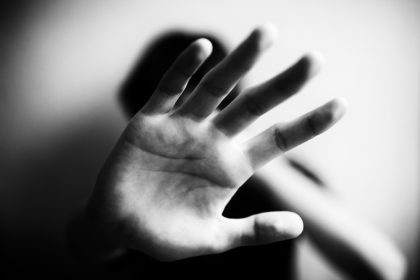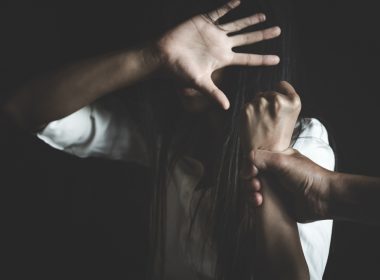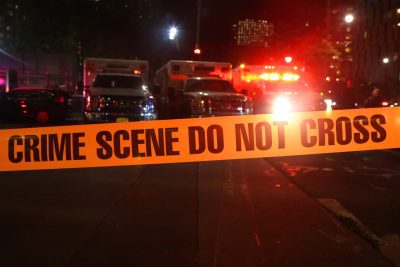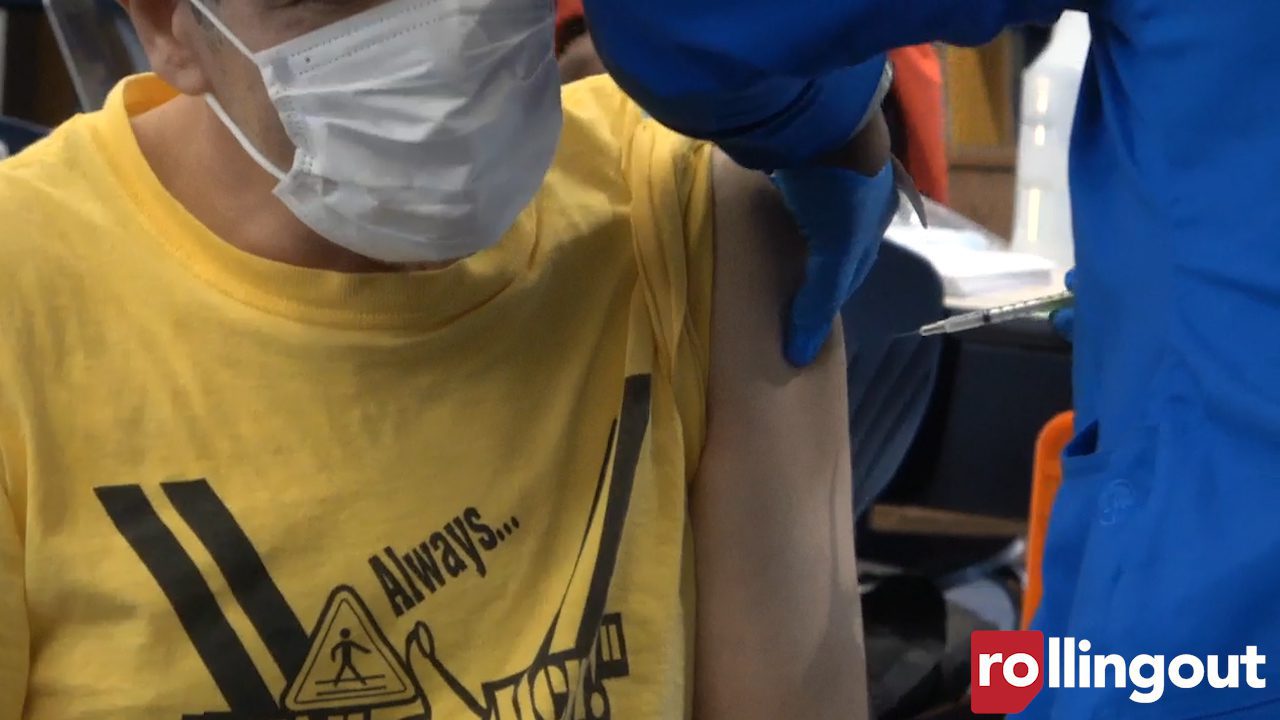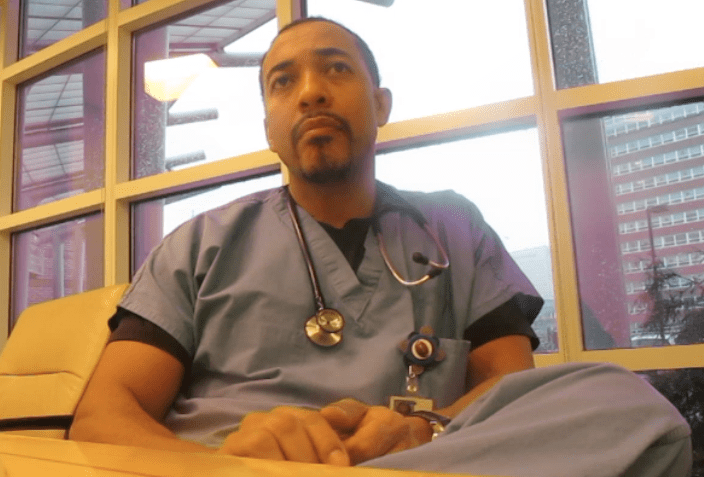
Dr. Sampson Davis currently stands on the frontlines of the coronavirus pandemic as an ER doctor in Newark, New Jersey. Dr. Davis, who is the author of Living and Dying in Brick City, recently discussed the racial impact of the coronavirus for rolling out’s “Health IQ” series.
What should the Black community know when it comes to COVID-19 cases and data that reveals racial disparities?
The data is important because we get to really understand the impact of what we’re dealing with here. We’re still not testing everyone. That is the raw true facts right now. And it’s not because we don’t want to, we just don’t have the manpower. We don’t have the tests. As we move towards the future, we’re going to be able to have rapid turnaround testing. That means I can test you within an hour or so and tell you if you have coronavirus or not. Now, you have tests where you have to wait upwards of three days to be notified. By that time, you can transmit the virus to others. And so having rapid turnaround testing will help us to start to identify who is at risk.
Where does the level of distrust stem from when it comes to the health industry and Black communities?
Historically, there is generational trauma and distrust from slavery that does exist. We look at the circumstances that unfolded over time such as the Tuskegee experiment. You look at Henrietta Lacks and her story of what her cells did as far as creating penicillin and other scientific studies. These are things that historically have weakened the trust in the system… The historical factors we can debate.
With the coronavirus, look at the disparities. The majority of people who are dying are Brown and Black individuals. That has a lot to do with the social determinants of health. Dr. Tony Fauci said that it was due to medical issues such as obesity, high blood pressure, and diabetes. But it’s more than that. You have to talk about the social determinants, such as a lack of access to health care. Who will seek out treatment, and who will sit home because they don’t trust the doctor? There are so many other social determinants that must be factored.
You are serving as an ER doctor. What are the most glaring needs?
Two and a half weeks ago I hadn’t seen any patients with coronavirus. As of today, I’ve seen well over 300. So this is how fast things have grown and it’s a marathon. We’re trying to catch up with it and the biggest needs vary by region. There are needs for medical equipment and ventilators right now. We need Professional Protective Equipment, which consists of N95 masks, goggles, hairnets, and all that helps to prevent the healthcare worker from contracting the virus. We have to keep the healthcare workers healthy and the greatest thing that all of us can do to contribute is to maintain this physical distance and keep the social connections virtual.

